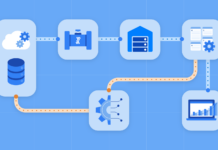JavaScript is one of the most popular programming languages in the world, and for good reason. It’s easy to learn, flexible, and versatile. If you want to be a successful JavaScript programmer, though, you need to know how to use it effectively. In this blog post, we’ll share some tips and tricks that will help you improve your programming skills. From learning new idioms to mastering how JavaScript works under the hood, read on to get started on your journey to becoming a better JavaScript programmer.
The benefits of JavaScript
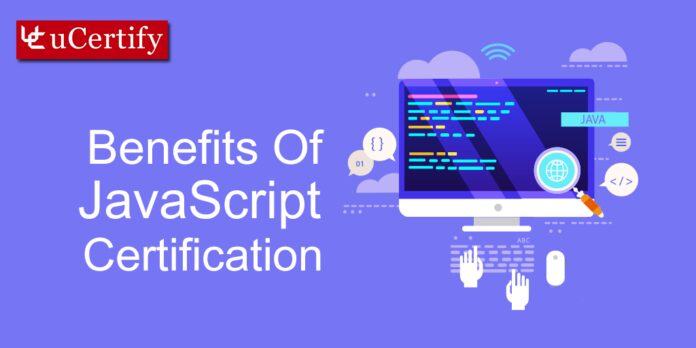
One of the benefits of JavaScript is its ability to run on both desktop and mobile devices. This makes it a great choice for website development, as it can be used on both desktop and mobile browsers. Additionally, JavaScript is supported by most modern browsers, so you can rely on it to work in most cases.
Another benefit of using JavaScript is that it’s relatively lightweight compared to other languages. This means that your code will load more quickly, which can improve user experience.
Finally, JavaScript has several built-in functions that allow you to Perform common tasks quickly and easily. For example, you can use the Math object to perform basic calculations or use the Date object to get information about dates and times. These features make JavaScript a powerful tool for developing applications. To be better at this language, check out the list of tips below.
1. Understand the Lingo
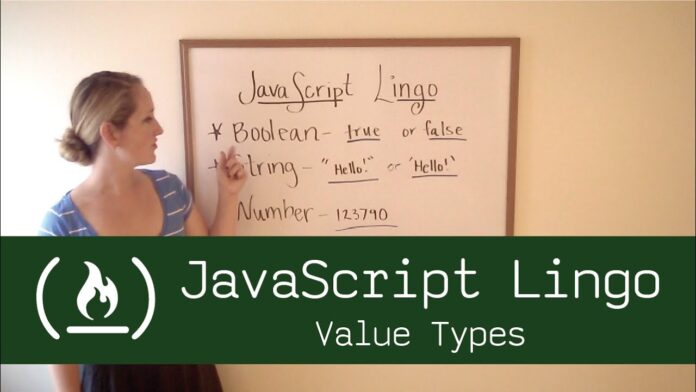
If you’re a novice programmer or just starting out, it can be difficult to understand the jargon and specialized terms used in the programming world. This guide is not comprehensive, but it will give you a start on understanding some of the more common terms used in JavaScript programming.
Let’s get started.
Variable: A variable is a temporary storage location for data. You can declare a variable in your code using the keyword var, followed by the name of the variable. For example, here we declare a variable called myVar: var myVar = “Hello World!”;
You can assign values to variables using the equals ( = ) sign. For example, here we assign myVar the value “Hello World!”: myVar = “Hello World!”;
Object: An object is a collection of properties and methods. You create an object in your code by using the keyword obj, followed by the name of the object. For example, here we create an object called myObject: obj myObject = {};
You can access the properties and methods of an object using the dot ( . ) notation. For example, here we access the property “name” of our myObject object: myObj.name;
Arrow Function: An arrow function is a special type of function that takes one input parameter (the first argument), and returns a value (the second argument). Arrow functions are useful for converting one type of data into another. For example, here we use an arrow function to convert the value contained in myVar into a string:
var str = myVar.toString();
Functions: A function is a set of instructions that you can call from your code. Functions are useful for performing specific tasks within your application.
JavaScript Syntax:
function name(parameters) { // Code that will be executed when the function is called }
2. Use the Right Tools
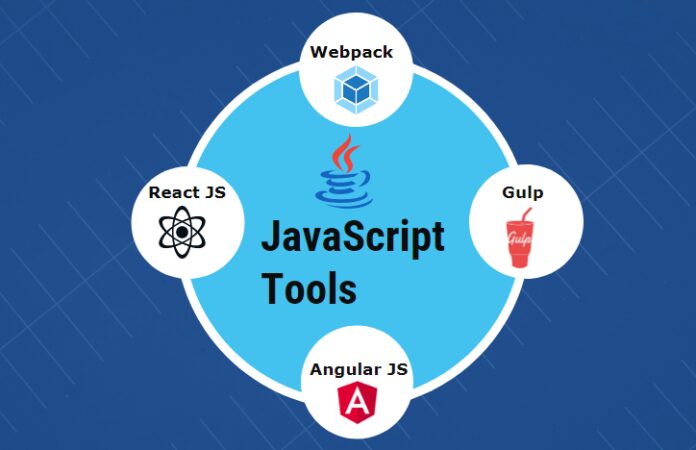
There are a lot of great tools out there to help you become a better JavaScript programmer. Use a code editor with Vim or Emacs built-in support. These editors have features that can make your life as a programmer much easier, like autocompletion and refactoring capabilities.
Take advantage of online resources to improve your skills. There are tons of resources available online that can help you learn new coding techniques, find solutions to common problems, and more. Browserify, Jest, and others offer testing APIs that allow you to run tests against your code without having to write any codes yourself. This is great for checking if your code works as expected and finding errors before they become big problems.
Use source control mechanisms to keep track of your work. Git or SVN are two popular options for storing source code on servers so that other developers can see and potentially contribute back changes. This also helps ensure that you don’t lose track of what you’ve done – which is always a good thing!
3. Practice, Practice, Practice

If you want to be a top-tier JavaScript programmer, you need to practice, practice, practice.
There are plenty of resources available to help you learn the basics, and practicing will help you become more comfortable with the language.
There are many different ways to practice JavaScript. One approach is to write simple programs that you can run on your computer. Another is to use online tools that allow you to create and test web pages. Finally, you can also use programming challenges provided by websites like Codeacademy or Khan Academy.
Whichever method you choose, keep in mind that practice makes perfect. With enough effort, you’ll be able to master JavaScript and build powerful programs of your own.
4. Use Libraries and Frameworks
Libraries and frameworks are important tools that developers use to speed up their work. Libraries provide a set of pre-written functions and classes that can be accessed easily, while frameworks allow developers to create custom applications by providing them with a set of ready-made components.
Frameworks offer many advantages over libraries. For one, they’re designed from the ground up to make developing custom applications easier. Additionally, frameworks often come with extensive documentation and support forums, making them easier to use for experienced developers. Lastly, frameworks can help reduce development costs by providing pre-built components that can be integrated into new projects without requiring any programming expertise.
While both libraries and frameworks offer considerable benefits, it’s important to choose the right tool for the job. If you need only a few basic functions or classes, a library may be a better solution. If you’re looking for more comprehensive functionality or want to build your own components, however, a framework may be a better option. Regardless of which tool you choose, though, always remember to keep your code clean and organized so that it’s easy to read and maintain.
5. Be Flexible

Being flexible is one of the most important skills a JavaScript programmer can have. It will help you to adapt to changes in the codebase, improve your productivity, and make better decisions.
When you’re coding, use different code models to help you organize your thoughts. For example, use a model where functions are independent units, classes are separate entities, or objects are containers for properties and methods. This will help you to better see the structure of the codebase and make better decisions about how to solve problems.
Whenever possible, use modular architecture in your codebase. This means that each component of the system is modularized so that it can be replaced or updated without affecting other parts of the system. This will help you maintain tighter control over your codebase and make it easier to update and extend.
Another way to improve flexibility is by organizing your code using namespaces and packages. Namespaces allow you to group related functions together, while packages allow you to group related source files together. This makes it easy to find what you’re looking for in the codebase and makes it easier to reuse components from other sources in your project.
Use Continuations & Event Handlers. Continuations allow you to keep track of execution dependencies between functions and control the flow of execution by providing a “stack” of continuations. This can be used to implement various behavioral patterns such as asynchronous programming or event handling.
Event handlers are functions that are called whenever an event occurs in the system. For example, you might use event handlers to respond to user input or to handle system events. Event handlers can be used to implement various user interface features or to manage system resources.
When you’re coding, use common programming patterns and idioms to improve your productivity and make your code more readable. For example, use Try/Catch blocks to catch common errors, use object-oriented design patterns to structure your codebase, or use functional programming concepts to reduce complexity in your codebase.
6. Know Your Errors
There is no shame in admitting that you don’t know something, and asking for help from your colleagues or online resources will definitely make you a better programmer. The best way to learn is by doing, so if there’s something you’re struggling with, get started and see where it takes you.
Conclusion
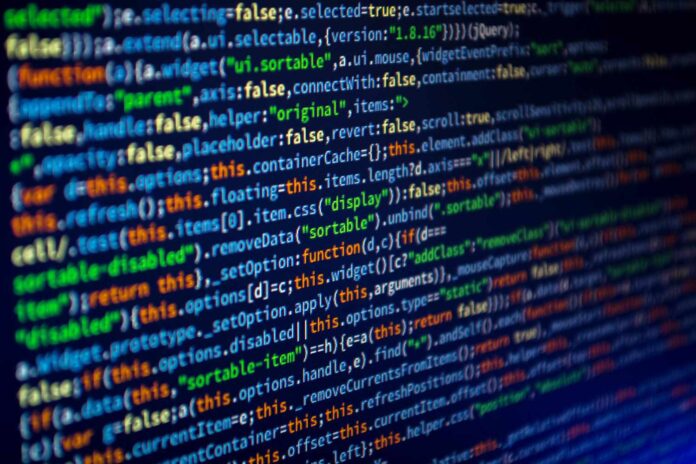
JavaScript is one of the most popular programming languages in use today and for good reason. It’s versatile, easy to learn, and can be used to create compelling user interfaces or even full-blown web applications. In this article, we’ve provided a few tips and tricks that will make you a better programmer. So, whether you’re just starting out or you’re looking to improve your skills, read on for some handy advice.


